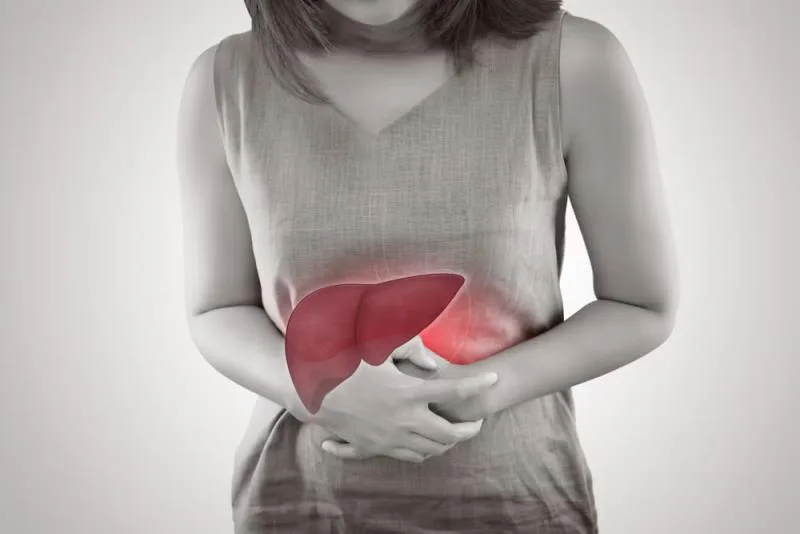Metabolic dysfunction-associated steatohepatitis (MASH), previously known as nonalcoholic steatohepatitis (NASH), is a severe form of liver disease characterized by fat accumulation and inflammation in the liver. Affecting approximately 5% of U.S. adults, MASH often progresses silently, increasing the risk of cirrhosis, diabetes, and heart disease.
FDA Approves Rezdiffra: A Milestone in MASH Treatment
In 2023, the U.S. Food and Drug Administration approved Rezdiffra (resmetirom), marking the first medication specifically designed to treat MASH. This oral medication targets liver fat reduction and is intended to be used alongside lifestyle modifications, not as a standalone solution.
The Crucial Role of Lifestyle Changes
While medication offers new hope, lifestyle interventions remain foundational in managing MASH:
- Weight Management: Losing 5%–10% of body weight can significantly reduce liver fat and inflammation.
- Dietary Adjustments: Emphasize fruits, vegetables, whole grains, and lean proteins while avoiding saturated fats and added sugars.
- Physical Activity: Engaging in at least 30 minutes of exercise three times a week can help decrease liver fat.
- Alcohol Reduction: Limiting alcohol intake is essential, as it can exacerbate liver damage.
- Coffee Consumption: Emerging research suggests that coffee may have protective effects against liver inflammation and scarring.
Implementing these changes gradually—such as making healthier food swaps and incorporating short bursts of activity—can lead to sustainable habits. Support from friends and family can also enhance adherence to these lifestyle modifications.
Understanding MASH and MASLD
In 2023, medical terminology evolved to better reflect the metabolic origins of these liver conditions:
- MASLD (Metabolic dysfunction-associated steatotic liver disease): Previously known as nonalcoholic fatty liver disease (NAFLD), MASLD refers to fat accumulation in the liver without significant inflammation.
- MASH (Metabolic dysfunction-associated steatohepatitis): Formerly called nonalcoholic steatohepatitis (NASH), MASH involves both fat accumulation and liver inflammation, posing a higher risk for progression to cirrhosis or liver transplantation.
The Importance of Early Detection and Intervention
MASH can advance rapidly, sometimes leading to severe liver damage within six years if left untreated. Early diagnosis, combined with consistent lifestyle changes and appropriate medical interventions, is crucial in halting disease progression and improving liver health.
For individuals concerned about liver health or at risk for MASH, consulting with a healthcare provider is essential to develop a personalized management plan.




+ There are no comments
Add yours